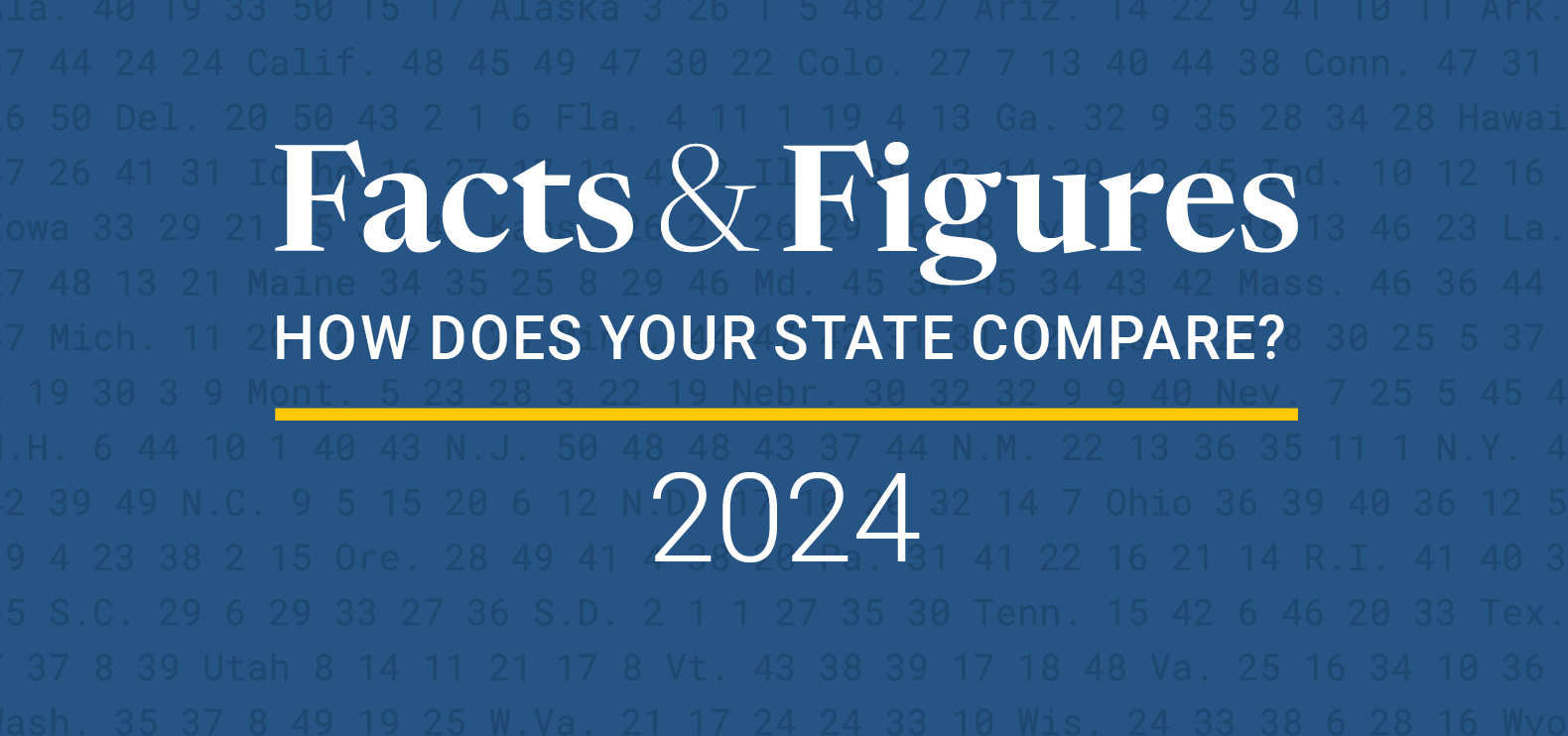EUIPO Refers First Questions on EUTMR Interpretation to Grand Board
“Nightwatch’ has caused a stir in the IP world and prompted questions from user associations as to why the matter was not sent to the Grand Board and whether the Guidelines will be updated as a result.”- EUIPO
Source:
The European Union Intellectual Property Office (EUIPO) announced today that it has for the first time referred questions of legal interpretation of the EU Trade Mark Regulation (EUTMR) to the enlarged Board of Appeal.
The EUIPO’s Executive Director, João Negrão, asked the Office’s Grand Board of Appeal to weigh in on five questions concerning the practice of “conversion,” which allows an EU Trade Mark (EUTM) application or registration to be converted into one or more national applications when necessary. The process is meant to address situations in which an EUTM faces a ground of non-registrability in one or several Member States; through conversion, “the EUTM applicant can convert the EUTM into one or more trade mark applications in the Member States not affected by the problem,” explained the Executive Director’s Referral of Questions.
The EUIPO’s practice since 2006 has been that a decision to refuse an EUTM application suffices to exclude conversion of the mark even when the application is withdrawn prior to the decision becoming final. This interpretation followed a decision known as Optima in which the Grand Board held that it is possible to withdraw an EUTM application during the appeal period, which the Office interpreted to mean that such an EUTM “will not be treated as refused in the Office database and in the Register but as withdrawn.” However, the EUIPO’s view has been that the decision of refusal “remains in existence and may have ‘possible effects’ under certain provisions of the EUTMR such as excluding a request on conversion Article 139(2)(b) EUTMR.”
But the Fourth Board of Appeal ruled in September 2022 in a case concerning the trademark NIGHTWATCH that when an EUTM application is withdrawn before a refusal decision has become final, conversion remains an option. In that case, the EUIPO had refused the EUTM application as being “descriptive and devoid of distinctive character for the English-speaking public,” but the application was then withdrawn during the appeal period and therefore did not become final.
“[F]ollowing an effective withdrawal of an application, as in the present case, it remains a matter for the relevant national trade mark authorities to decide on the protectability of the converted mark,” wrote the Fourth Board of Appeal.
According to the February 22 Referral, which was just published in the April edition of the Official Journal of the Office, “Nightwatch’ has caused a stir in the IP world and prompted questions from user associations as to why the matter was not sent to the Grand Board and whether the Guidelines will be updated as a result.” Since “legal certainty” rests on a decision of the Grand Board or higher court, Negrão asked the Grand Board to provide insight so as to “provide the Office with clarity and a proper legal footing” in the case that a change is required.
The specific questions the EUIPO is asking the Grand Board to answer are:
- Does the expression ‘the decision of the Office’ in Article 139(2)(b) EUTMR include decisions of the Office containing grounds of refusal of an EUTM application, where no appeal is brought under Article 66 EUTMR but where the EUTM is withdrawn during the appeal period set out in Article 68(1) EUTMR?
- Does the answer to question 1 differ where an appeal against the grounds of refusal is brought under Article 66 EUTMR but where the EUTM is withdrawn prior to a final dismissal of that appeal?
- Should Article 71(3) EUTMR be interpreted to mean that Article 139(2)(b) EUTMR includes decisions of the Boards of Appeal containing grounds of refusal of an EUTM application where no action is brought under Article 72 EUTMR but where the EUTM is withdrawn during the period set out in Article 72(5) EUTMR?
- Does the answer to question 3 differ where an action against the grounds of refusal is lodged under Article 72 EUTMR but where the EUTM is withdrawn prior to a final dismissal of that action?
- Does the answer to questions 1 to 4 differ where the relevant decision is rendered in ex parte or inter partes proceedings? If so, to what extent?
Comments can be submitted to the Grand Board two months from the date of publication in the Official Journal (April 2).
The press release published today said the referral is “part of a broader dialogue between the Executive Director and the Grand Board.” Specifically, Negrão also requested an invitation to comment on a Spanish case that dealt with the “requirements for legal persons governed by public law to be proprietors of European Union collective marks.”
Eileen McDermott
Eileen McDermott is the Editor-in-Chief of IPWatchdog.com. Eileen is a veteran IP and legal journalist, and no stranger to the intellectual property world, having held editorial and managerial positions at […see more]







